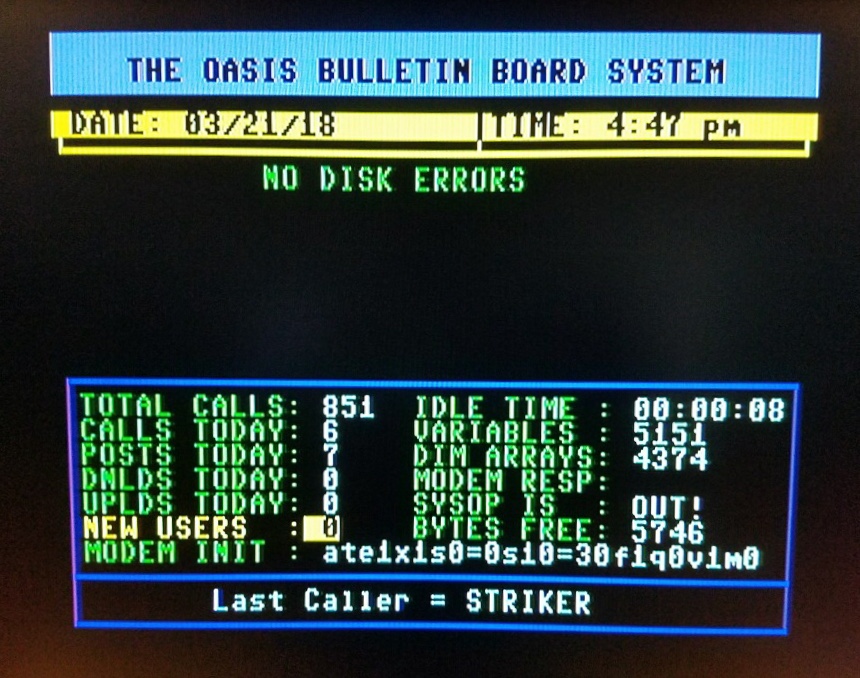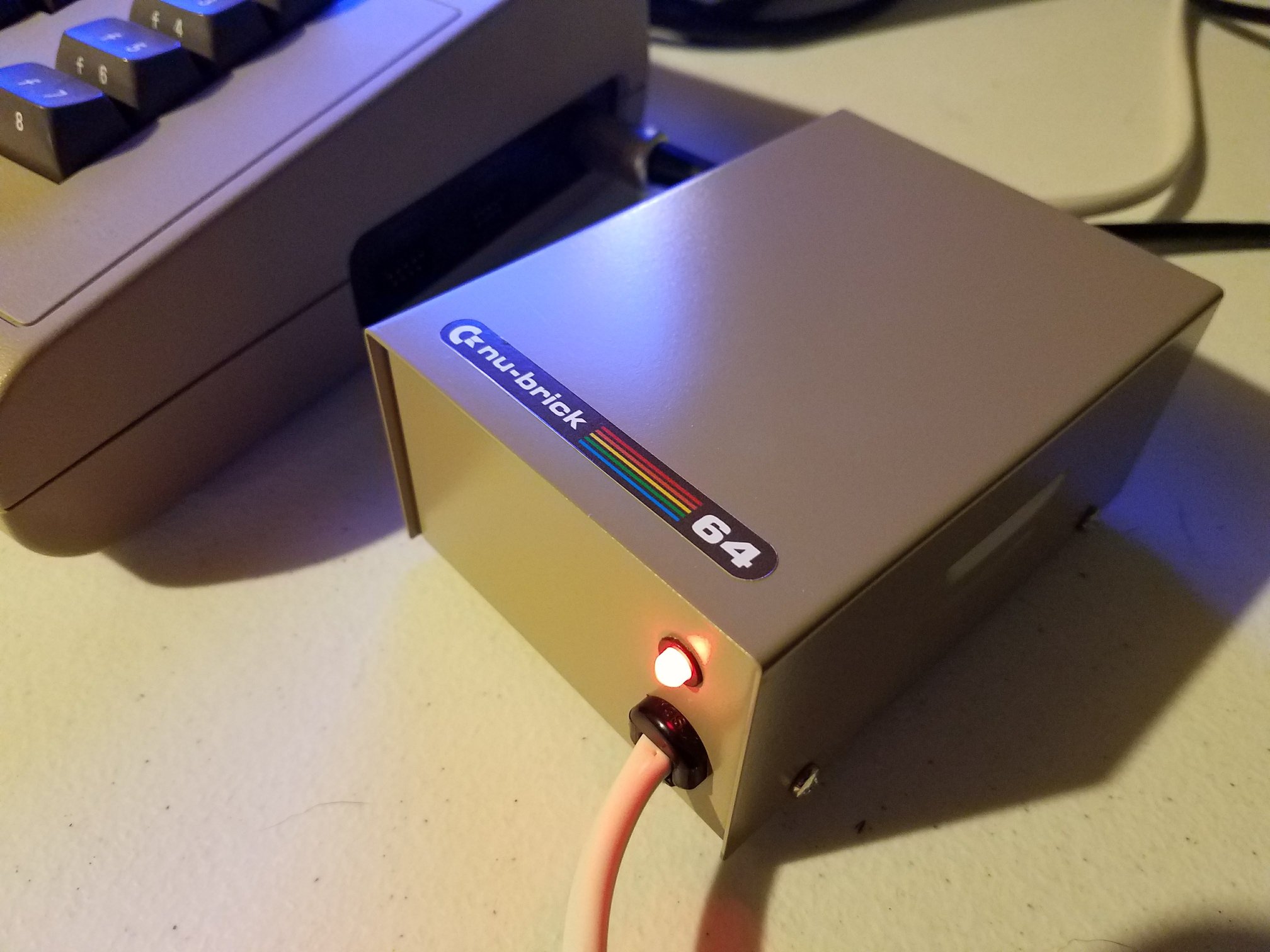In the latest episode from the Hey Birt! channel, viewers are treated to a deep-dive into the design, development, and testing of a modern 8701 chip replacement. The MOS 8701, once found in the Commodore 64 and 128, is becoming scarce. So when a donor machine needed its clock chip back, this project was born. The goal: create a drop-in replacement that’s reliable, compact, and works with both NTSC and PAL machines—no board mods required.
Design Challenges and Clever Engineering
The design process wasn’t plug-and-play. While another creator, Frank (IZ8DWF), had already found a viable modern clock chip, adapting it to the tight space in the Commodore 128 required a total redesign. Birt tackled everything from board layout constraints to fabricating Z-bent pins—yes, actual Z-bends using a custom 3D-printed and later CNC-machined fixture. Think soldering origami, but with higher voltage and fewer paper cuts.
Auto-Switching and Field Testing
Version 1 of the board required a manual jumper to toggle between NTSC and PAL modes. Later revisions introduced an inverter gate for automatic configuration, improving usability. A series of test builds and an oscilloscope comparison against an original 8701 revealed a surprisingly clean and stable clock signal from the new board—cleaner, in fact, than the original chip’s jittery output.
Birt even addressed compatibility issues raised by beta testers using C64 Reloaded MK1 boards. After a battery of stress tests—including simulated high current draw and voltage fluctuations—the modern replacement proved more resilient than the original chip.
DIY Kits and Tested Units Available
For DIYers, a full 8701 chip replacement kit is available through Soigeneris, complete with pre-bent Z legs. Prefer the plug-and-play life? Fully assembled and tested units are also available. All design files, schematics, and fixture plans are hosted on GitHub for those eager to build their own.







